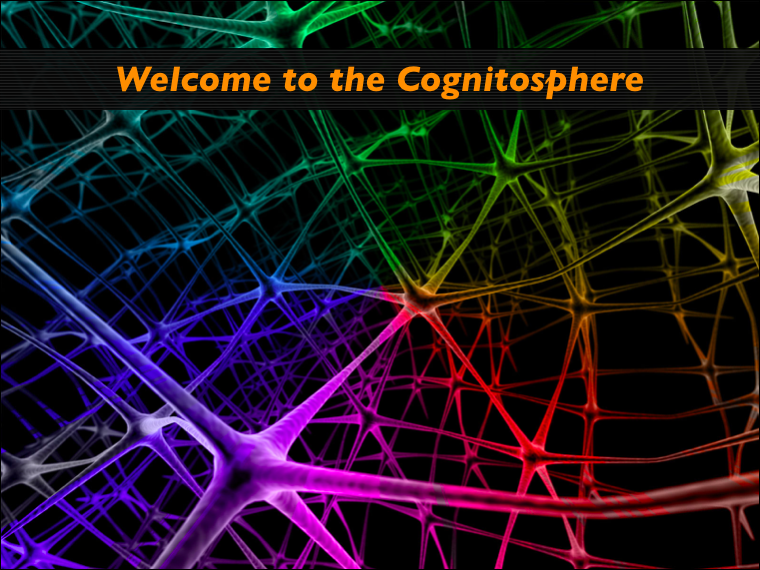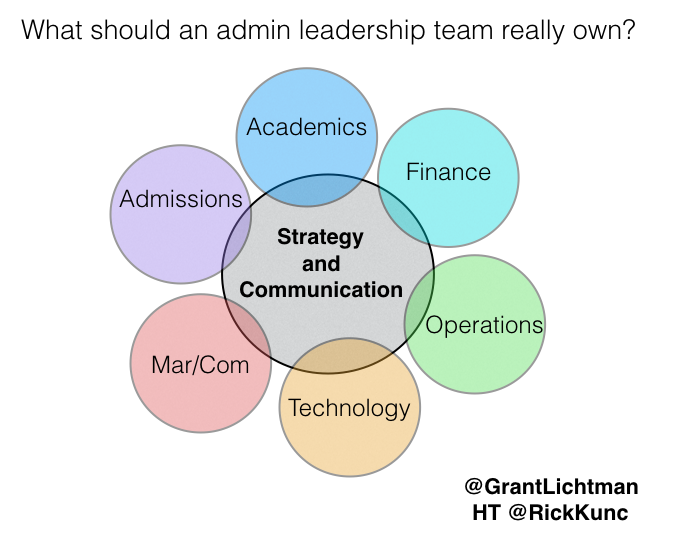Frequent visitors to this space will know and not be surprised that I am honored to find that educational thought leader Bo Adams and I think a lot alike. His beautiful piece a week or so ago about schools as natural habitats is just another example. Bo likens the common school experience to a zoo, one with bars and cages, and times when the keeper comes to feed the animals. A zoo is not a natural place for animals to thrive; it is the world as a diorama, not the world itself. He argues that we know better, that everything from collaborative learning to PBL to the experiences that students get from spending time out of the classroom with hands or feet in the dirt of the world are those that provide the real learning.
I could not agree more; there is a reason I named this blog The Learning Pond. As I first wrote last spring, there is a fundamental disconnect between the goals of authentic student-focused learning and the foundations of the industrial age model. We all know that; we know that the assembly line model is busted, but many schools and school leaders are trying to repair the old system by tweaking it, and that is a flawed exercise doomed to failure. I found on my visits with more than 60 innovative schools, that those that are successfully shifting to a truly transformative learning environment are doing so by breaking away from industrial age thinking all-together, and seeing learning as a system attuned to the natural world, to the laws of ecology, not engineering. We want our schools and our students to be self-evolving, adaptive, fluid, and dynamic, not constrained, predictable, repeatable, and constant.
If you want to move your school forward on this path we call innovation, keep this one thought in mind: learning is an ecosystem, not an engineered process. Those that make this shift are on the path; those that tweak the existing system at the margins are not. The details of what this looks like and how we get there, how learning and the laws of ecosystems align, will be the subject of much of my work that lies ahead.




Leave A Comment